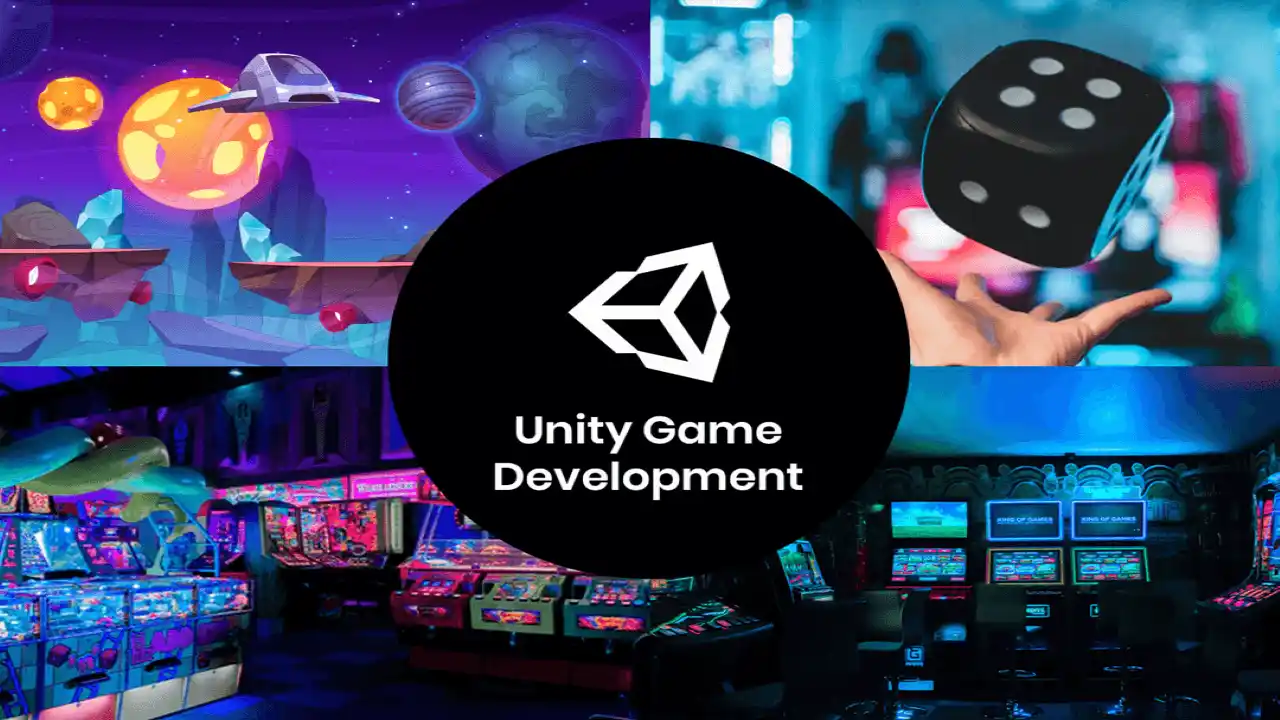
Embarking on a journey into Unity game development is an exhilarating experience, filled with endless possibilities to create immersive and engaging gaming experiences. However, amidst the excitement, it's crucial to navigate potential pitfalls that could hinder your project's success. In this guide, we'll unveil the top 10 most common Unity game development mistakes and offer invaluable insights on how to avoid them, ensuring smoother development cycles and higher-quality outcomes.
One of the cardinal sins in Unity game development is diving headfirst into coding without a comprehensive plan. Skipping the planning phase can lead to chaotic development cycles, disjointed features, and ultimately, a subpar gaming experience. Take the time to outline your game concept, define core mechanics, and create a roadmap for development. A well-thought-out plan sets the foundation for a successful project.
Performance optimization often takes a backseat during the initial stages of development, only to rear its head as a significant issue later on. Ignoring optimization techniques such as efficient asset management, proper use of shaders, and optimizing scripts can result in sluggish gameplay, long loading times, and even compatibility issues across different devices. Prioritize performance from the outset to ensure a smooth gaming experience across all platforms.
Version control is a developer's best friend, yet it's surprisingly overlooked in many Unity projects. Without version control, tracking changes, collaborating with team members, and rolling back to previous iterations become cumbersome tasks prone to errors. Incorporate a robust version control system such as Git from the start to streamline development workflows and safeguard against accidental data loss.
In today's multi-platform landscape, overlooking cross-platform compatibility can limit the reach of your game and alienate potential players. Unity offers powerful tools for building games across various platforms, including PC, mobile, console, and VR devices. Ensure your game is optimized for different screen sizes, input methods, and performance requirements to reach a broader audience and maximize its potential for success.
Effective asset management is essential for maintaining a well-organized and efficient Unity project. Neglecting to structure assets properly, including textures, models, and audio files, can lead to a cluttered project hierarchy, increased build times, and difficulty in locating specific resources. Adopt a consistent naming convention, utilize folders and labels, and leverage Unity's asset management features to keep your project tidy and manageable.
Testing is a fundamental aspect of game development, yet it's often overlooked until the later stages of a project. Failing to test your game early and frequently can result in critical issues going unnoticed until it's too late to address them effectively. Implement a rigorous testing regimen from the outset, including functional testing, performance testing, and user feedback gathering, to identify and resolve issues before they escalate.
While it's tempting to pack your game with a plethora of features and mechanics, overcomplicating can lead to confusion among players and dilute the core gameplay experience. Focus on refining a few key mechanics that are intuitive, engaging, and seamlessly integrated into the overall gameplay loop. Remember, simplicity is often the key to creating a memorable and enjoyable gaming experience.
Documentation is the unsung hero of game development, yet it's frequently relegated to an afterthought. Thorough and comprehensive documentation, including code comments, design documents, and user manuals, is invaluable for maintaining project continuity, facilitating collaboration, and onboarding new team members. Invest time in documenting your code, assets, and design decisions to ensure clarity and consistency throughout the development process.
Your players are the ultimate judges of your game, and their feedback is a priceless resource for identifying areas of improvement and fine-tuning gameplay mechanics. Disregarding player feedback or failing to solicit it altogether can result in missed opportunities for enhancing your game's appeal and addressing issues that may have gone unnoticed during development. Embrace player feedback as a catalyst for iteration and improvement, fostering a stronger connection with your audience in the process.
In the fast-paced world of game development, there's often pressure to release a game quickly and capitalize on market trends. However, rushing the release without adequate polish and testing can backfire, resulting in negative reviews, poor player reception, and damage to your brand reputation. Take the time to polish your game, address any lingering issues, and conduct thorough testing before launching it to ensure a successful and well-received release.
Unity game development is a thrilling adventure filled with creative challenges and boundless opportunities for innovation. By avoiding these common pitfalls and adhering to best practices, you can elevate your game development journey to new heights, delivering exceptional gaming experiences that captivate players and stand the test of time. Remember to plan meticulously, optimize relentlessly, and prioritize the player experience above all else, and you'll be well on your way to success in the dynamic world of Unity game development.